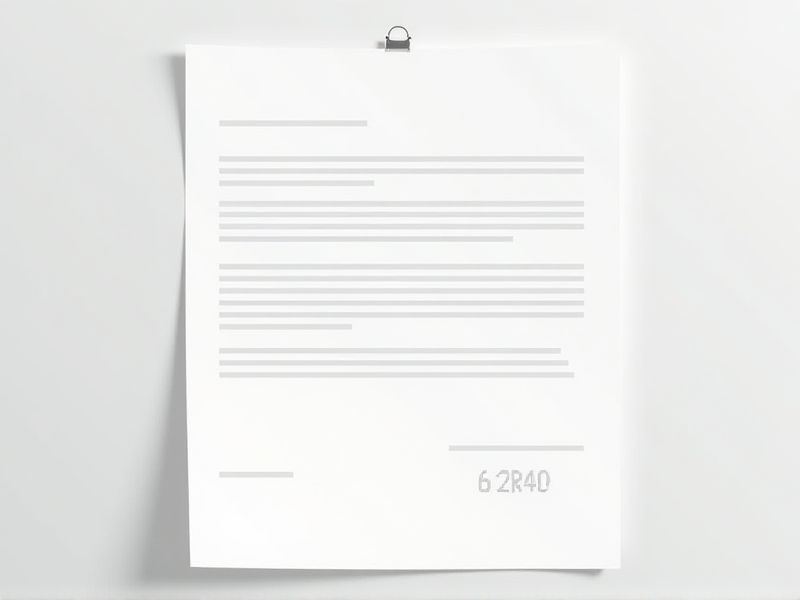
An authorization letter is a formal document that grants permission to someone to act on your behalf in specific matters. It is commonly used in professional, legal, and personal situations to delegate authority when you cannot be present. Writing an effective authorization letter requires clarity, specificity, and a polite tone to ensure the recipient understands the scope and limitations of the granted authority. This guide provides a useful sample and tips to help you craft your own authorization letter efficiently. Be sure to check the various templates available in this article to suit your specific needs.
Samples of letter sample for authorization
Letter Sample For Authorization Request
Letter Sample For Authorization Of Payment
Letter Sample For Authorization To Proceed
Letter Sample For Authorization Of Medical Treatment
Letter Sample For Authorization To Release Information
Letter Sample For Authorization For Credit Check
Letter Sample For Authorization To Use Personal Data
Letter Sample For Authorization For Employee Benefits
Letter Sample For Authorization For Bank Account Access
Letter Sample For Authorization For Loan Application
Letter Sample For Authorization To Act On Behalf
Letter Sample For Authorization Of Transactions
Letter Sample For Authorization To Share Documents
Letter Sample For Authorization For Vehicle Registration
Letter Sample For Authorization Of Repairs
Letter Sample For Authorization To Negotiate Terms
Letter Sample For Authorization To Withdraw Funds
Letter Sample For Authorization Of Student Records
Letter Sample For Authorization To Contact References
Letter Sample For Authorization For Insurance Claim
Important Things to Know when Writing Letter Sample For Authorization
Clear Identification Of Parties Involved
A letter sample for authorization should begin with a clear identification of all parties involved, including their names and contact information. This ensures that there is no ambiguity regarding who is granting authority and who is receiving it. Including any relevant titles or relationship descriptors can further clarify the context of the authorization. Precise identification helps to validate the authorization process and provides a solid foundation for any legal or transactional implications that may arise.
Specific Authorization Details And Scope
When drafting a letter sample for authorization, it is crucial to clearly outline specific authorization details and the scope of powers granted. This includes detailing the tasks or responsibilities delegated, such as making decisions, signing documents, or accessing sensitive information. Providing precise dates of validity helps ensure all parties understand the duration of the authorization. By being explicit about the boundaries and limitations of the authorization, you protect both yourself and the authorized individual from potential misunderstandings or misuse.
Duration Or Validity Period Of Authorization
The duration or validity period of an authorization letter is essential as it specifies the timeframe during which the authorized individual can act on your behalf. Clearly stating this period prevents any misunderstandings regarding the authority granted, ensuring that the actions taken are within the agreed limits. This timeframe can vary, ranging from a specific date range to events contingent upon certain conditions being met. It is crucial to communicate this validity clearly in the letter to protect your interests and maintain clarity in the authorization process.
Signature And Date For Verification
When crafting a letter of authorization, it is crucial to include a signature and date for verification purposes. The signature serves as proof of consent, indicating that you authorize the designated individual or organization to act on your behalf. Including the date ensures that the authorization is current and helps establish a timeline for the granted permissions. Without these essential elements, the validity of the letter may be called into question, potentially complicating the intended transaction or request.
Contact Information For Further Communication
The letter sample for authorization should always include clear contact information to facilitate further communication. Providing your phone number and email address allows the recipient to reach you easily with any questions or clarifications. Ensuring this information is accurate helps prevent delays in processing your request. Always double-check that the contact details are current and easily visible within the document.
